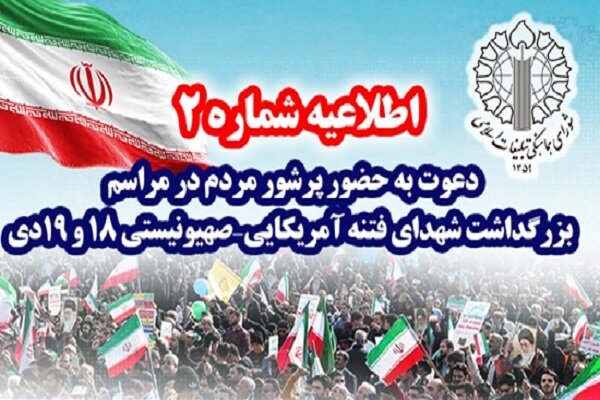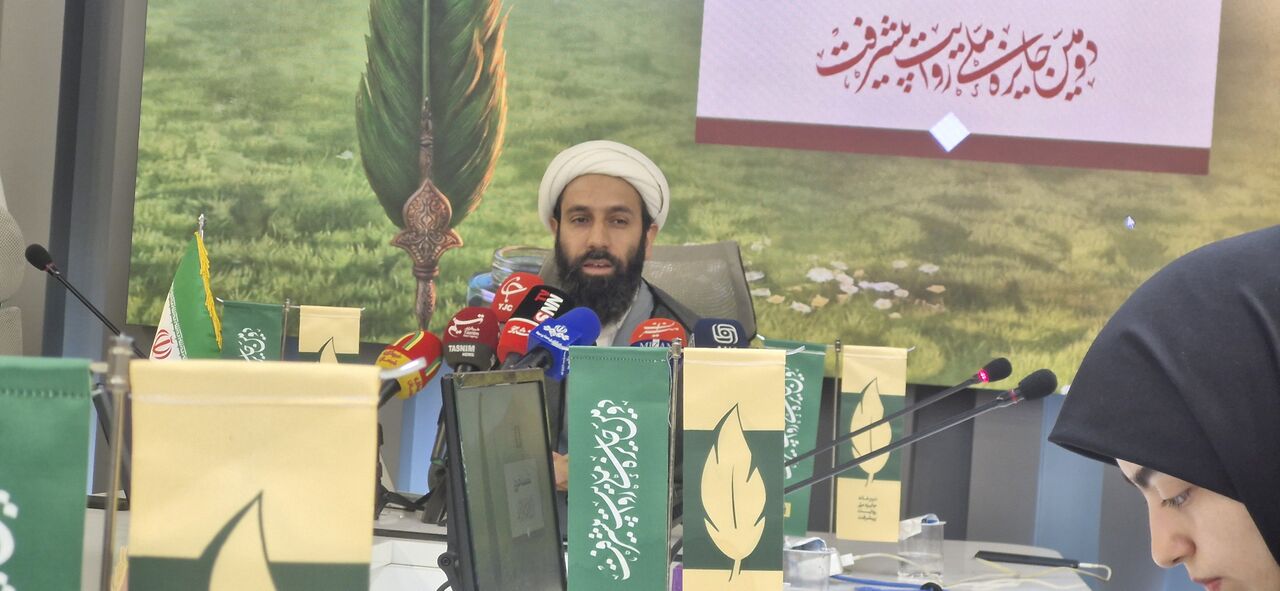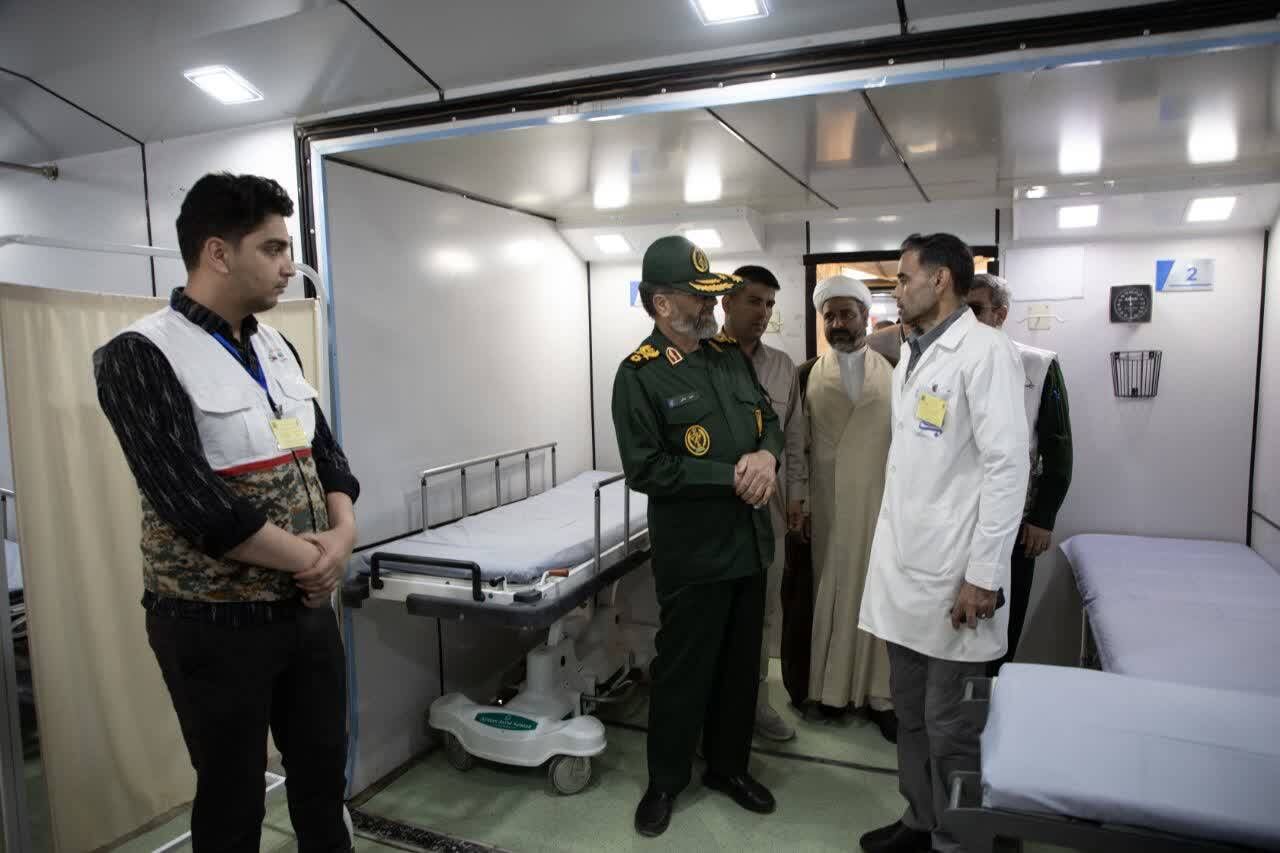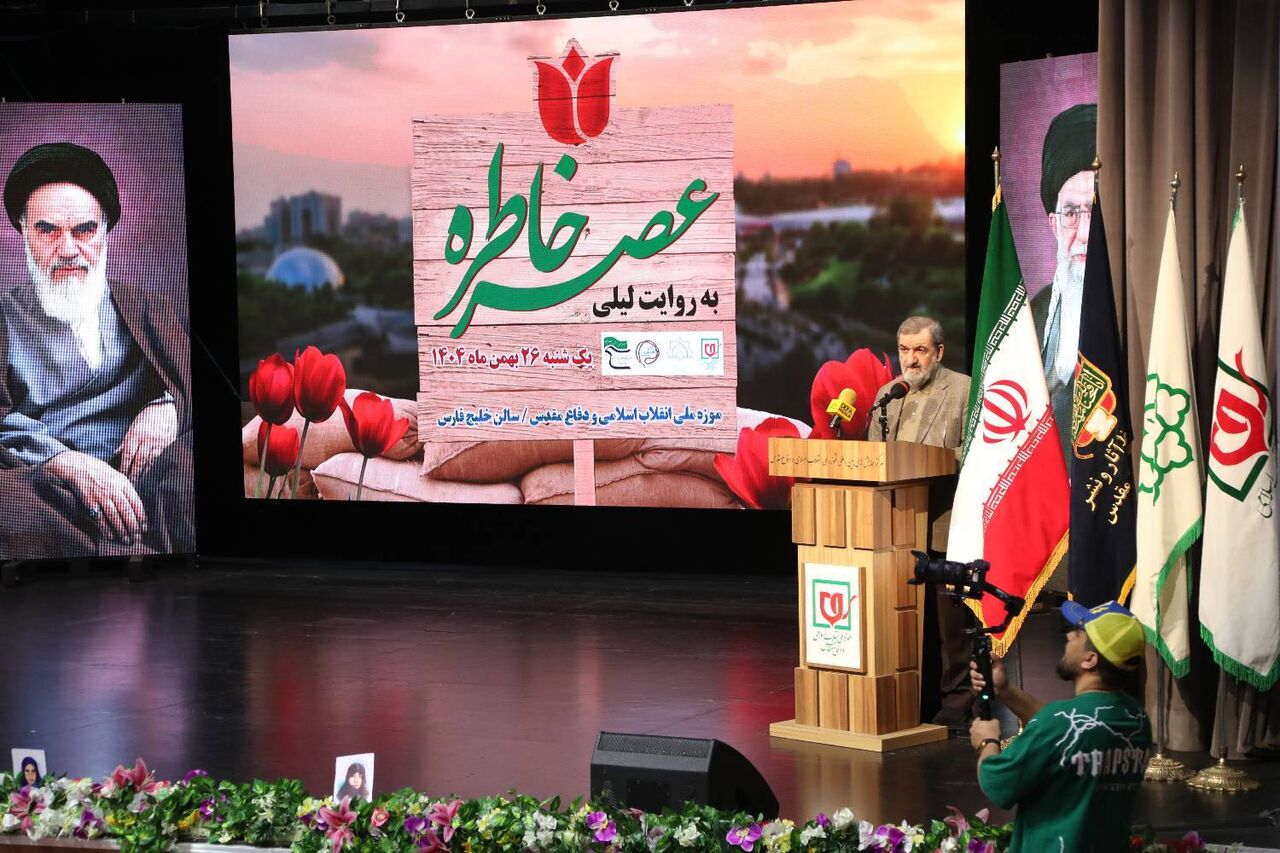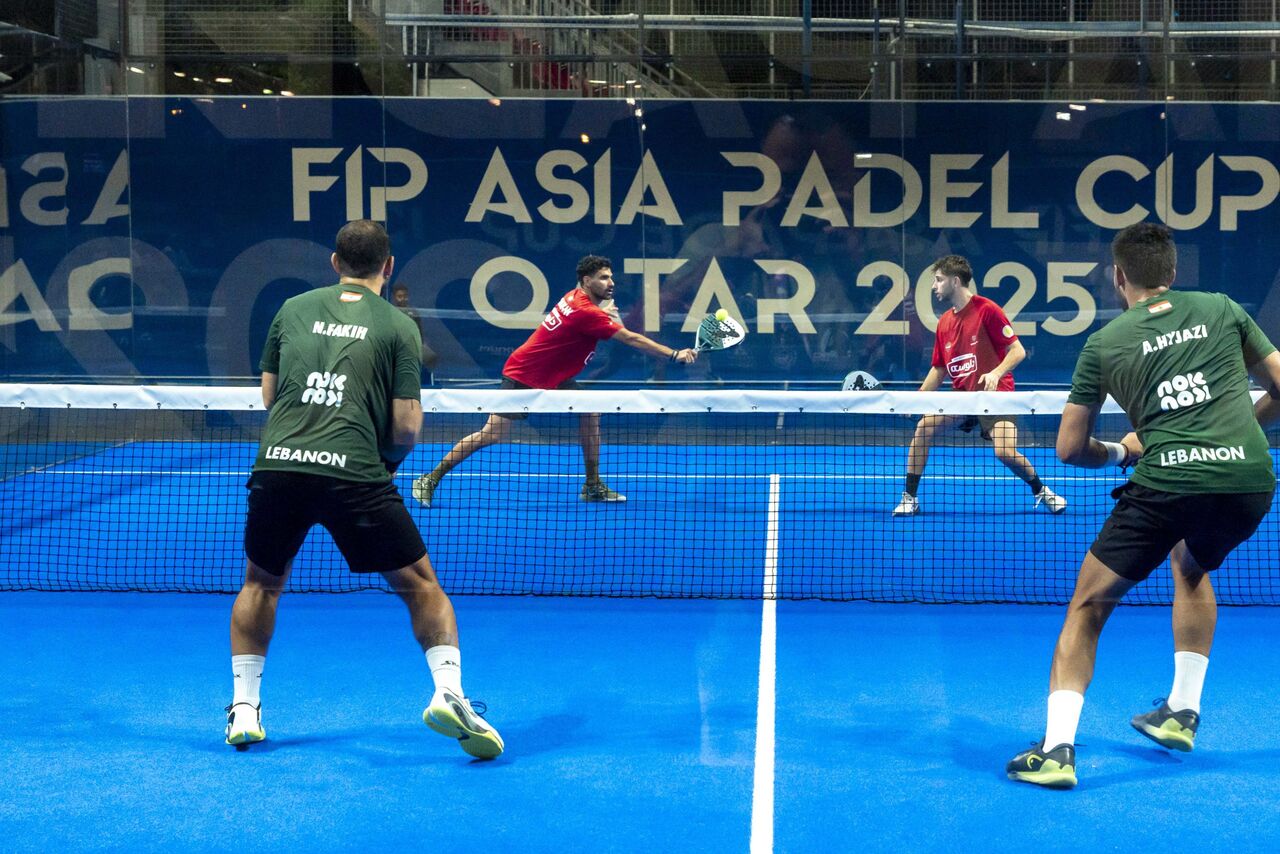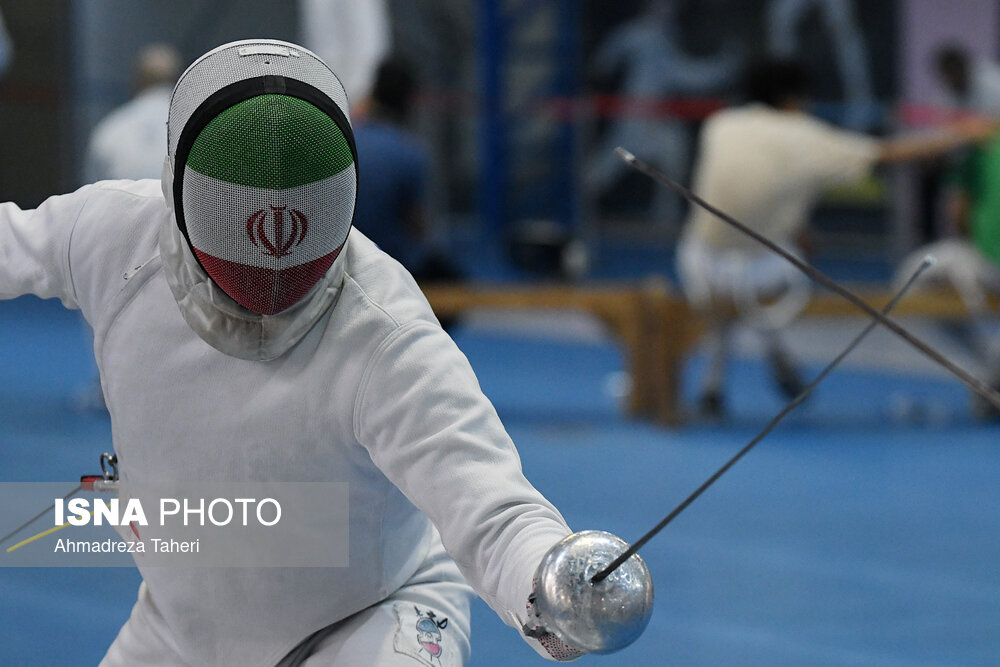Syria 'does not have a sectarian problem', says foreign minister
Syria 'does not have a sectarian problem', says foreign minister

Syria's foreign minister has said his country "does not have a sectarian problem" as he and his government have continued to push for international support to rebuild the fractured nation.
Speaking at the Chatham House in London following meetings with British officials, Asaad al-Shaibani said that he and his government were working towards a pluralistic "elections-based" state but said that there would need to be community-building.
"For a future Syria, we aspire that the Syrian state is a state that Syrians believe in, not a state that is estranged from Syrians, not an exclusive but inclusive one...the people need to believe in it," said Shaibani.
In response to a question about the status of minorities in Syria, he cited a conversation with a visiting official in Damascus who had enquired about a synagogue in the city.
"Syria is a diverse country that believes in the other, that taught the entire region how to live together as communities," Shaibani said.
He recalled telling the official: "Syria does not have a sectarian problem."
Since overthrowing President Bashar al-Assad in December, the transitional government led by President Ahmed al-Sharaa has struggled to contain unrest and violence at home, attacks by Israel, and managing relations with erstwhile allies and enemies.
Last month, the government held parliamentary elections in which Sharaa hand-picked a third of the seats, while the remaining two-thirds were chosen by local committees made up of government appointees.
The process bypassed the Druze-majority Sweida province and the country's Kurdish-held northeast with their 32 seats remaining empty.
According to a temporary constitution announced in March, the parliament will exercise legislative functions until a permanent constitution is adopted and new elections can be held at the end of a five-year transitional process.
The new interim authorities say popular elections are unworkable in the wake of Syria's 13-year war, which saw hundreds of thousands killed and millions displaced both internally and externally.
But the selection process has dismayed many Syrian pro-democracy campaigners who had hoped for change after the ousting of Assad in December.
Shaibani said that it would take time for the country to develop a new politically active civil society.
"We will not say now what will be the form of the state in five years, but we aspire to set a basis of participation that will be developed with the experience the Syrians will gain in the coming period," he said.
"The form of the state of governance is clear - it is a plural, election-based state that will be presidential elections and parliamentary elections and this is clear to us."
'Administrative arrangement'
Syrian news website Al-Modon reported earlier this month that the government was preparing to create a new political party led by Sharaa and Shaibani.
Although pro-government figures played down the report, describing it as an "administrative arrangement," it raised fears among some observers that it mirrored the one-party administration that existed under Assad.
Widespread violence in regions populated by minority groups has also undermined hopes that the new government would reduce tensions and end impunity after 14 years of war.
Thousands were killed in sectarian violence in the provinces of Latakia and Sweida in the past year, with fighting between local Alawite and Druze groups and government forces and militias.
According to monitoring groups, Syrian government forces and their allies summarily executed dozens of Druze in Sweida, in southern Syria, during July's violence.
Videos and testimony collected by Amnesty International revealed that at least 46 were "deliberately and unlawfully killed" by government and affiliated forces in military and security uniforms, with some bearing official insignia.
More than 2,000 people are thought to have been killed overall in the violence.
Minorities in Syria have been wary of both Sharaa and Shaibani, who co-founded Al-Nusra Front in 2011 as the Syrian branch of al-Qaeda, though both now publicly disavow the ideology.
The Sweida violence also saw Israel launching air strikes in the province as well as in the capital Damascus, nominally in support of the Druze minority.
Sharaa confirmed on Tuesday that his country was in direct talks with Israel on reaching a new security agreement in the country’s south.
“We are engaged in direct negotiations with Israel, and we have gone a good distance on the way to reach an agreement,” Sharaa told The Washington Post in an interview published on Tuesday.
His comments mark the first time the Syrian leader has confirmed the discussions with Israel.
Syria’s official state news agency said in August that the two sides were engaging in direct discussions. US envoy and ambassador to Turkey, Tom Barrack, has been mediating between them.
Syria and Israel do not have formal relations. In 1967, Israel seized the Golan Heights from Syria and illegally annexed the territory. Israel seized more territory in the south of Syria following the fall of Assad, stating that the 1974 armistice with Damascus was void following the fall of the former government.
Asked about Syria's relations with Israel, Shaibani said their southern neighbour was clearly not happy with the change of government since December.
"The relationship with Israel - it is a party that is present in the Syrian landscape and we think it is a negative actor right now," he said.
"We want to reach a security agreement...and reach a level of de-escalation with Israel."






